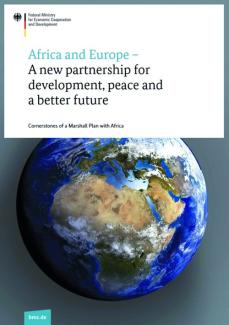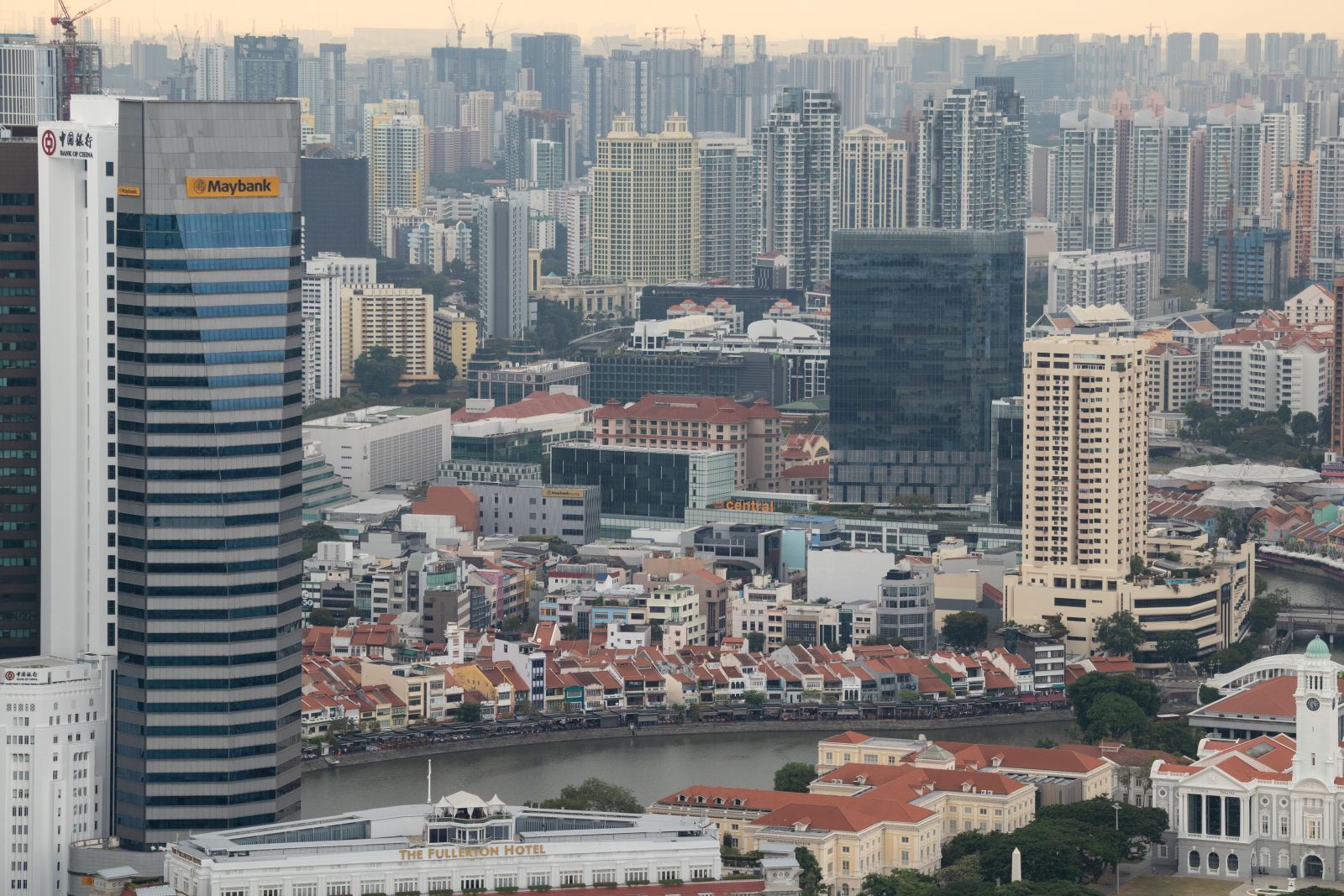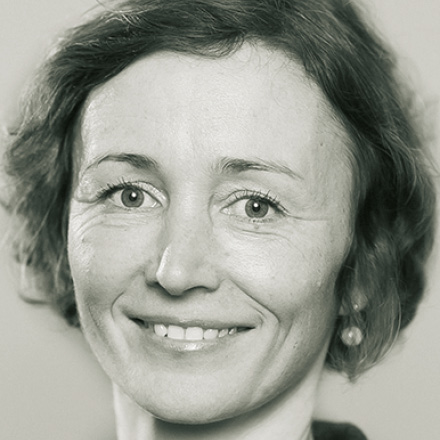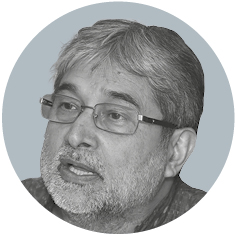Development policy
Marshall Plan with Africa

The guiding idea is to boost support for reform-minded partner countries. Müller wants to earmark an additional 20 % of Germany‘s official development assistance (ODA) for “reform champions”. Donor policy would thus set incentives for African governments to gear nationally owned policymaking to sustainable development. Müller promises more support for leaders who fight corruption, establish tax systems, invest in education and promote gender equality, for example.
ODA, however, will not suffice to rise to the challenges. Müller points out that Africa needs jobs which only the private sector can create. The priorities must thus be to generate value in Africa instead of merely exploiting people. Müller sees ample business opportunities in Africa, including for German companies.
In Müller’s eyes, 2017 will be a decisive year as the EU is working on a new Africa strategy and Africa will be high on the G20 summit that Germany will host in Hamburg. An important topic, according to Müller, is stemming the illicit financial flows which cost developing countries an annual $ 100 million. The ten starting points for the Marshall Plan with Africa are:
- We need a new pact on the future between Europe and Africa.
- Africa needs African solutions.
- Prioritising jobs and opportunities for young people. It is vital that Africa’s young people can see a future for themselves in Africa.
- Investment in entrepreneurship. It’s not the governments that will create all the long-term employment opportunities that are needed.
- Value creation, not exploitation. Africa must be more than the continent of raw materials.
- Demanding the right political environment and supporting its development.
- Reform partnerships, not a blanket approach. The members of the African Union have committed to specific reforms in their Agenda 2063. We will be taking African commitments seriously.
- Equitable global structures and institutions. Reforms in Africa must be matched by reforms in Europe and at the global level. The main areas are fair trade, combatting illicit financial flows and putting a stop to arms sales to areas in crisis.
- ODA cannot provide all the answers.
- We will leave no one behind. Germany will deliver on its shared responsibility for the least developed countries.
These starting points set the stage for a new debate on future cooperation with Africa. The Federal Ministry for Economic Cooperation and Development (BMZ) invites all interested parties to get involved, including Germany’s African and European partners, policymakers, the private sector, academia and faith-based organisations. Online contributions are welcome (marshallplan@bmz.bund.de). The BMZ will host a series of events.
Link
Africa and Europe – A new partnership for development, peace and a better future. Cornerstone of a Marshallplan with Africa:
https://www.bmz.de/en/publications/type_of_publication/information_flyer/information_brochures/Materialie270_africa_marshallplan.pdf















